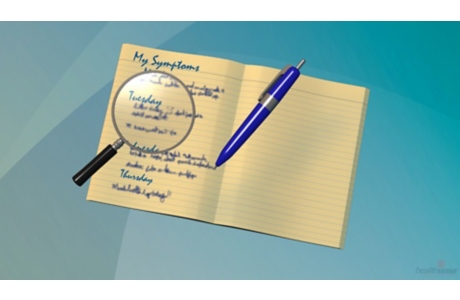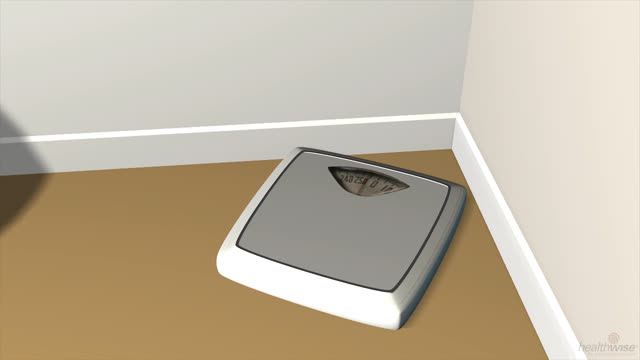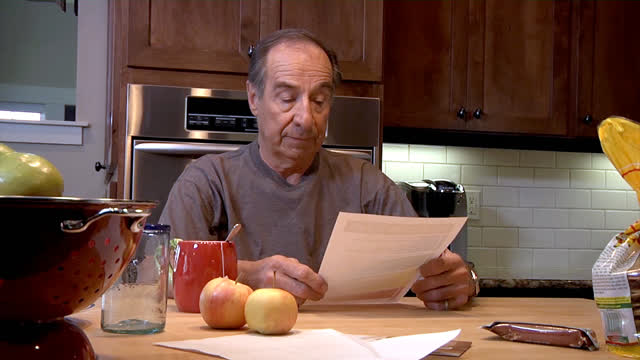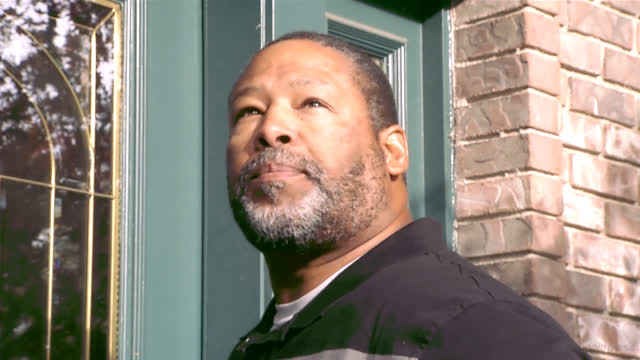Heart Failure Daily Action Plan
Introduction
Living with heart failure may not be easy. But there are things you can do to feel better, stay healthy longer, and avoid the hospital.
Good self-care means doing certain things every day, like taking your medicine. It’s also about checking for symptoms such as weight gain and swelling. Tracking your symptoms every day will help you know which heart failure zone you’re in. That can tell you when you need to get help.
Your daily action plan
Here are some important things to do every day.
- Weigh yourself at the same time each day. Keep a calendar by the scale, and write your weight on it every day.
- Pay attention to symptoms such as shortness of breath or swelling in your feet, ankles, or legs.
- Take your medicines as prescribed. Try to take them at the same time every day.
- Limit sodium. Your doctor may want you to eat less than 2,000 mg of sodium each day.
- Be active. But watch for signs that your heart is being stressed, and know when to stop and rest.
Check each day to see which heart failure zone you’re in.
|
Green zone. You are doing well. This is where you want to be. |
|
|
Yellow zone. Call your doctor. Your symptoms are changing. |
Your doctor’s name: ____________________________________________________________ Your doctor’s contact information: __________________________________________________ |
|
Red zone. Call 911. This is an emergency. |
|
If you have symptoms of a heart attack: After you call 911, the operator may tell you to chew 1 adult-strength or 2 to 4 low-dose aspirin. Wait for an ambulance. Do not try to drive yourself. |
More self-care tips
There are other things you can do to take care of your body and your heart.
- Try to stay at a healthy weight. Eat a healthy diet with lots of fresh fruits, vegetables, and whole grains.
- If you smoke, quit.
- Limit the amount of alcohol you drink.
- Keep high blood pressure and diabetes under control. If you need help, talk with your doctor.
- Talk to your doctor if you feel sad and hopeless much of the time or if you are worried and anxious. These may be signs of depression or anxiety. Treatment with counseling and medicine can help.
When you take charge of your health, you’re more likely to feel better and keep your heart failure from getting worse.
Current as of: April 9, 2019
Author: Healthwise Staff
Medical Review:Kathleen Romito MD – Family Medicine & E. Gregory Thompson MD – Internal Medicine & Adam Husney MD – Family Medicine & Adam Husney MD – Family Medicine
This information does not replace the advice of a doctor. Healthwise, Incorporated, disclaims any warranty or liability for your use of this information. Your use of this information means that you agree to the Terms of Use. Learn how we develop our content.






